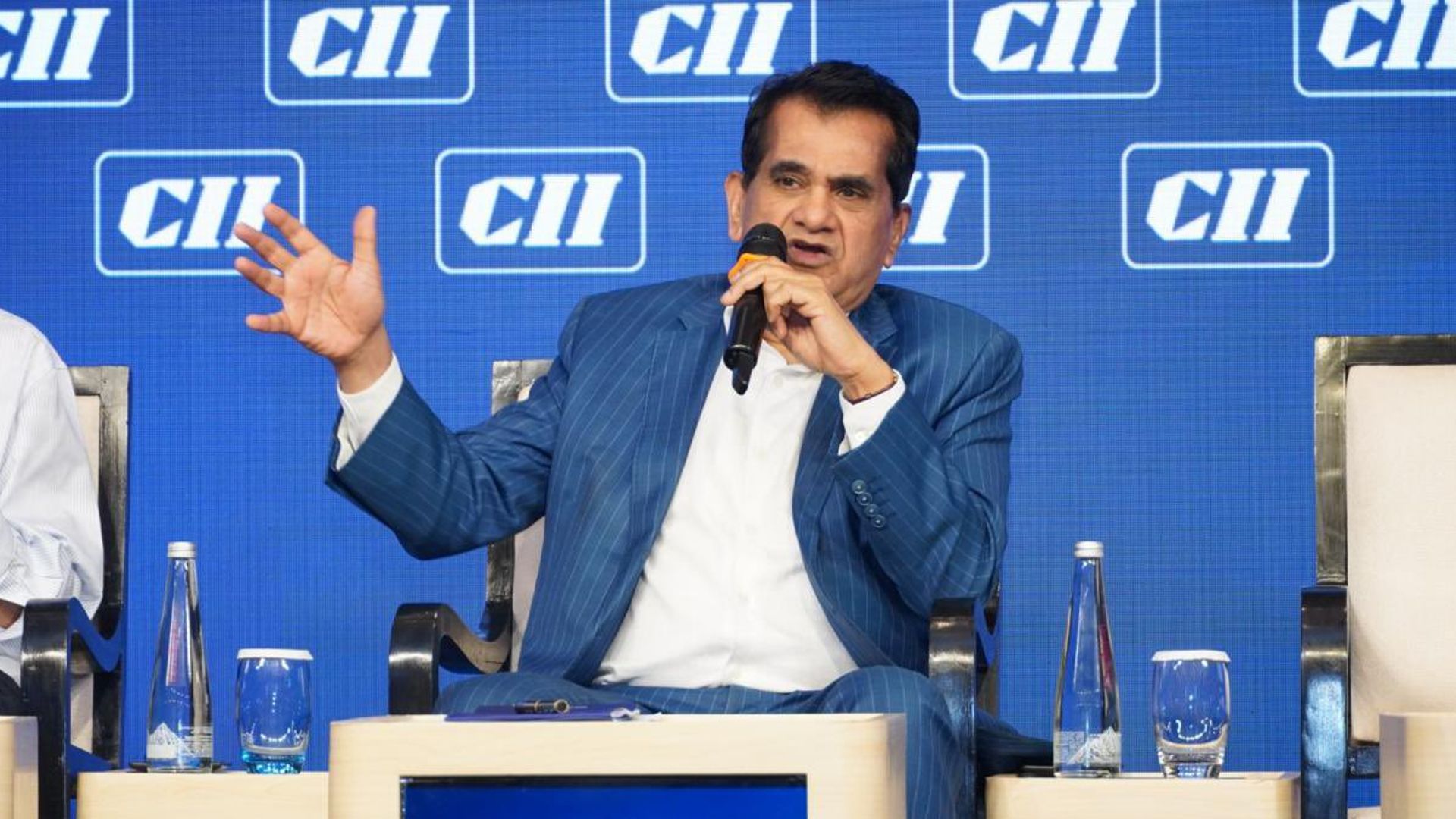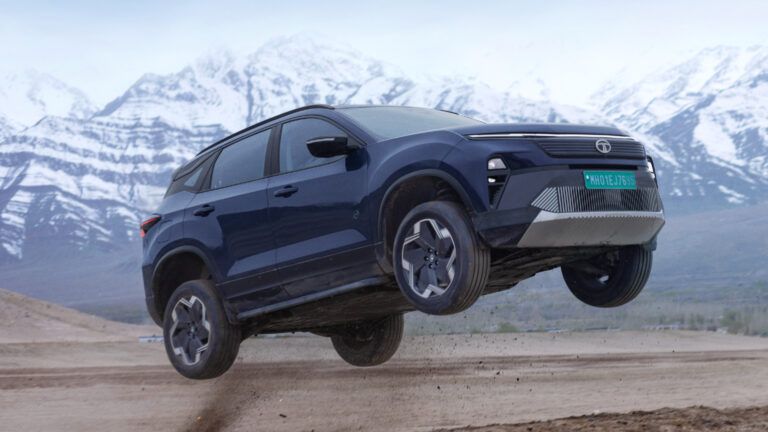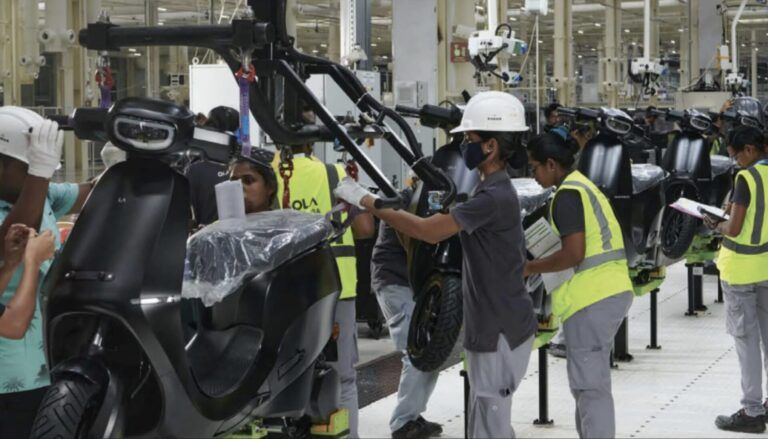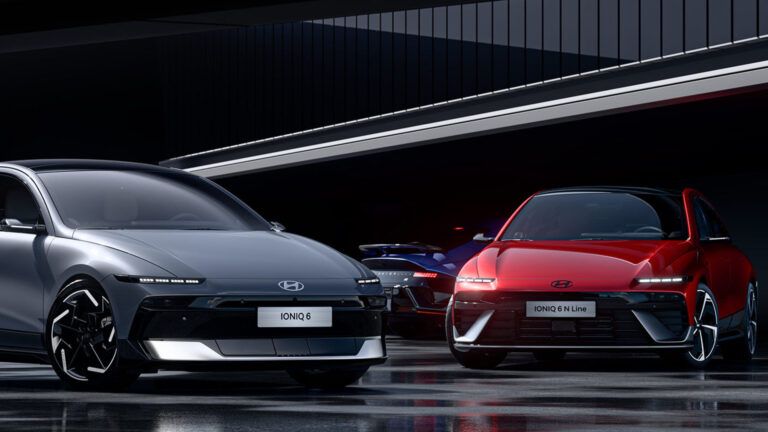Amitabh Kant told ANI that India cannot create separate electric vehicle (EV) policies for each company. The former CEO of the NITI Aayog was addressing inquiries about Tesla’s cancelled visit to India following the CEO’s announcement in April.
In an interview, Kant clarified that India has prepared an EV policy, obligating all companies to adhere to it without exception. He highlighted that India will not modify its policy to accommodate the requests of any particular company.
He said:
So the policy has been announced. You can’t have policies for individual companies. The policy for EVs has been announced.
Kant’s remarks suggest that Tesla might have sought special concessions from the Indian government. India unveiled a policy featuring incentives for establishing manufacturing facilities within the country.
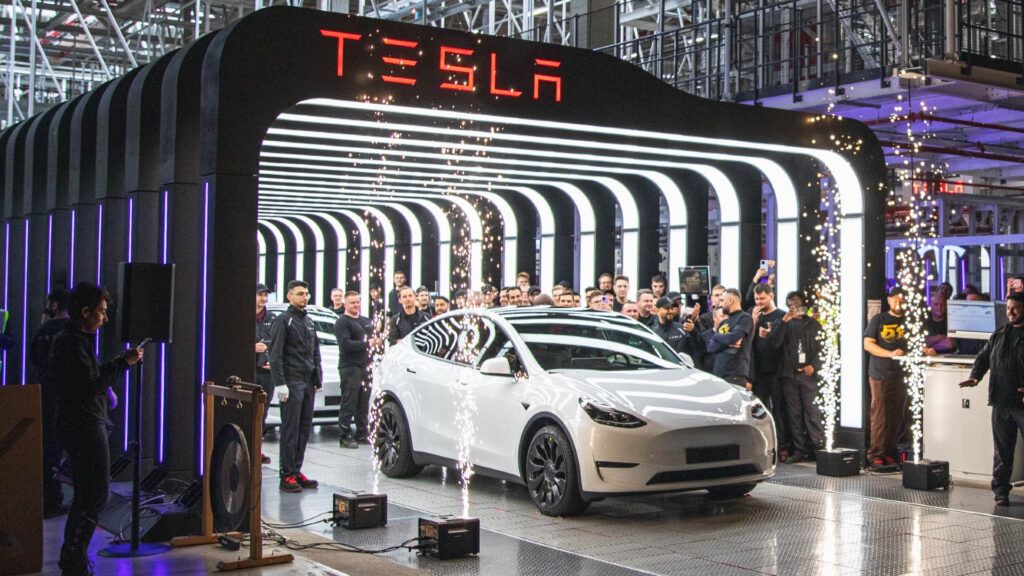
Crucial aspects of the policy include:
- The policy necessitates a minimum investment threshold of Rs 4,150 crore (USD 500 million).
- Manufacturers have to achieve a Domestic Value Addition (DVA) of at least 25% for vehicle components within three years of establishing a manufacturing unit, rising to 50% within five years.
- Companies establishing EV passenger car manufacturing units can import a restricted number of vehicles with a reduced customs duty of 15% for five years. This provision applies to vehicles priced at USD 35,000 and higher.
- The number of EVs that qualify for import under this concession depends on the investment made, or it is limited to Rs 6484 crore, whichever figure is lower. In cases where investments exceed USD 800 million, up to 40,000 electric vehicles can be imported per annum, with a yearly restriction of 8,000 vehicles.
Also, Kant noted that there will be significant developments over the next five years. Moreover, he acknowledged the transformation happening in the automotive sector, fueled by the global movement towards sustainable transportation.
According to Kant, a significant shift is occurring, requiring the acceleration of electric vehicle deployment, particularly in the two-wheeler and three-wheeler segments, which represent around 75% of our vehicle stock. Additionally, he mentioned that the government has allocated Rs 57,613 crores for the procurement of 10,000 electric buses.
Kant outlined the potential outcomes of these investments, predicting a surge in the production of electric motorcycles, tricycles, and buses.

